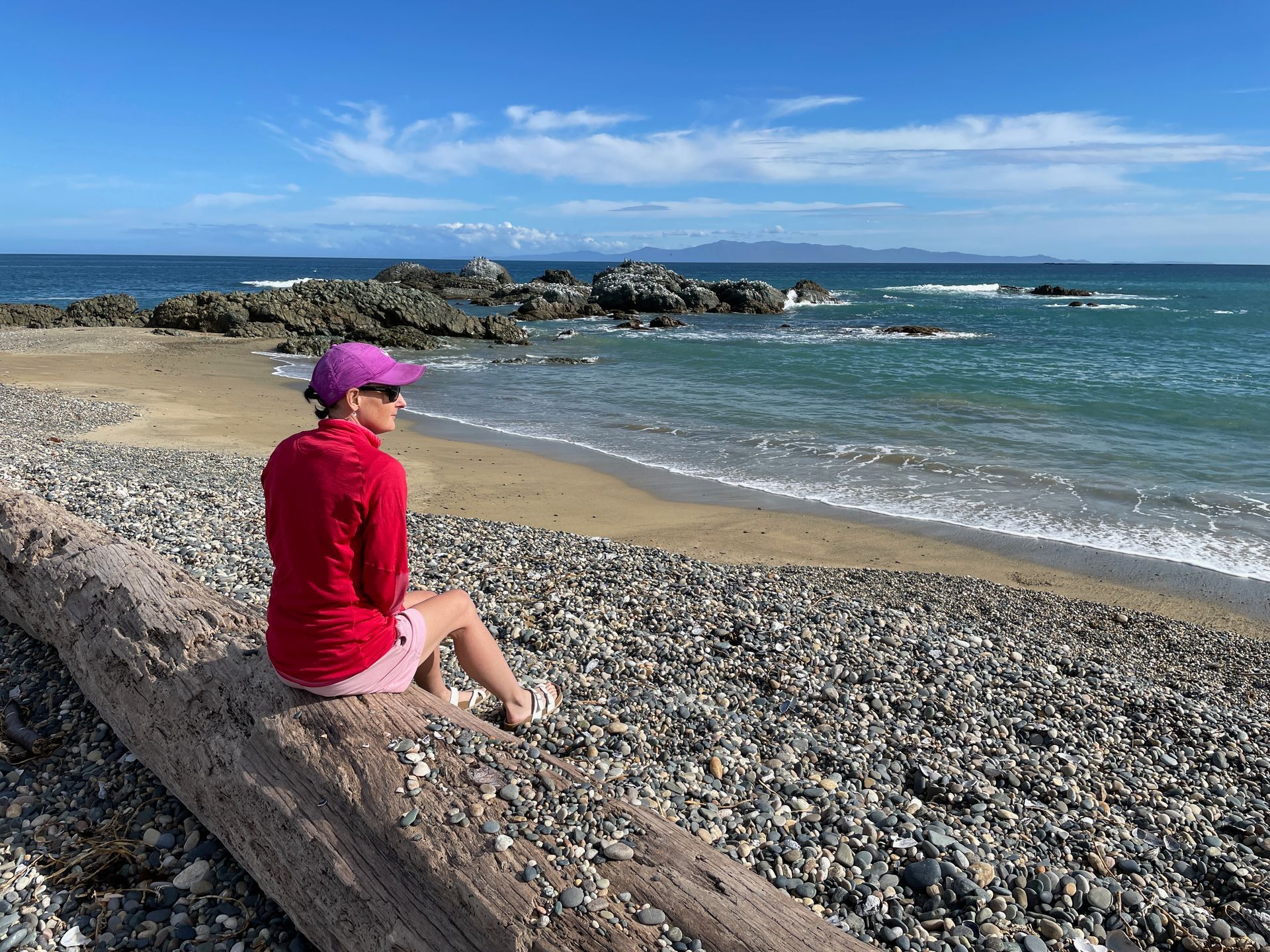ALIGN ~ CFS/ME - How to talk about your condition
The language we use matters.

Language choice influences how we feel, what is possible, our mood, our approach to life and at the very core of it, who and how we feel we are.
I spent a lot of time reflecting on how to talk about Chronic Fatigue to myself and to others. For example, ‘I am tired’, ‘I am not sleeping’, ‘I am in pain’. Tired is not who I am – it is not the entirely of my existence and so I didn’t want to communicate in this way. Nor is not sleeping or pain. How could I convey what I was experiencing without taking it on board as my reality and as part of my identity?
And then there is answering the incredibly tricky question ‘How are you?’
First of all, do people really want to know? In my experience, ‘How are you?’ had become more of a rote greeting rather than someone genuinely wanting to know how I actually was. Makes it extra tricky when you actually physically look OK which doesn’t reflect how you feel. When I answered honestly in a balanced way, most people’s eyes glazed over.
On one hand, I wanted the people I cared about and the people who cared about me to know what was going on for me, how I really was and that I was having some significant challenges. On the other, I felt that saying the words I did not want to claim nor utter ‘I have Chronic Fatigue’ would take something from me. I 100% I did not want to identify with having CFS in any way, shape or form. It was a very fine line and I searched for ways of negotiating it that felt OK to me.
So here I was, wanting to talk about what was going on for me without saying ‘I have CFS’ and identifying with it, without focusing exclusively on the hard and challenging parts (I didn’t need to create another mal-adaptive neural loop) but in a way that gave loved ones a notion of what was going on for me.
This is what I came up with.
Rather than saying ‘I am tired’ which feels like a choice-less, permanent and disempowering claim, I would say ‘I am experiencing tiredness’. This felt like a temporary, powerful choice that could and will change. I was not denying my experience but merely re-framing it as a part of what was going on for me not all of what was going on for me.
It also helped me to frame things as ‘part of me is having the experience of pain’ meanwhile another ‘part of me is feeling fantastic’. This recognises that we operate in dualities. We are never just one thing. Often, we are having simultaneous contrasting experiences. Thinking about things this way, enabled me to move away from the catastrophic thinking that is so prevalent with CFS (I will NEVER get well. I am ALWAYS exhausted. My life COMPLETELY sucks etc).
This enabled me to feel deep compassion and care for the part of me experiencing pain and to really look after them, love them, offer them kindness and to nourish or parent them how they needed to be nourished and parented.
When I talked about experiencing pain or a part of me experiencing fatigue, headaches, restless legs, anxiety… rather than having it, a gap opened up between what I was experiencing and who I was. In this gap, lay possibility, lay potential. In this gap, lay recovery and healing. In this gap, was creative potential which enabled me to connect with my vision of full recovery. The more I connected with it, the more I became it.
Talking about how I was experiencing CFS, meant I adopted the perspective of the mindful observer. I was not any of these things I was experiencing. I was still me and using this language enabled me to stay connected with who I was not just how I was.
That connection with myself was so crucial to maintain during my recovery. Knowing that I was indeed always there for me made a world of difference to me as did being able to communicate clearly in a way that maintained my identity in a way that felt good.
To answer the question “How are you?” “I am great thanks. I am experiencing some fatigue and other challenges at the moment, but I am doing better and better every day in some small way. Thank-you for asking”.
In my program Essentials: Whole, Healed and Healthy™, I go into more detail about how you can harness ‘Power Language’ to support your recovery. Book a free 30 minute call to find out more.
How are you?
How do you talk about what is going on for you?
If you’d like practical and uplifting health recovery information,
sign up for my relevant monthly newsletter PLUS get access to a FREE monthly LIVE Q&A on zoom.
Simply email me your details and time-zone to get on my mailing list.
This blog is not medical advice and should not be considered so.
Before making any changes, always consult your primary physician first.
Anaya Smiley © 2024. No part of this work can be reproduced in any way without the written and explicit permission of Anaya Smiley.



